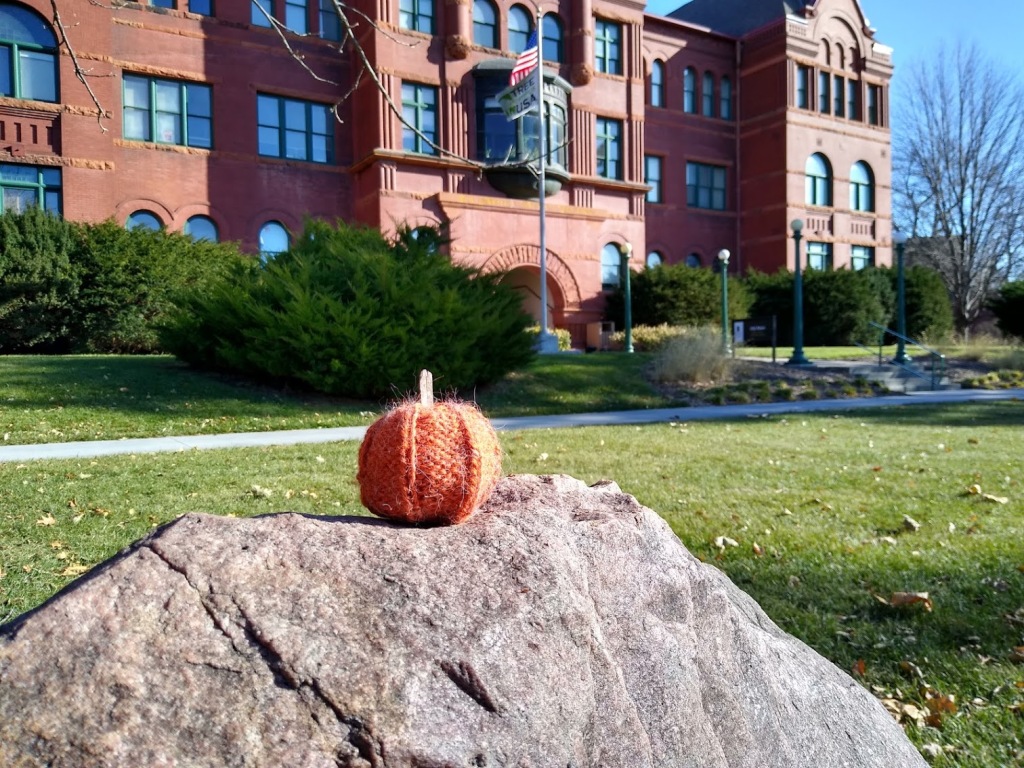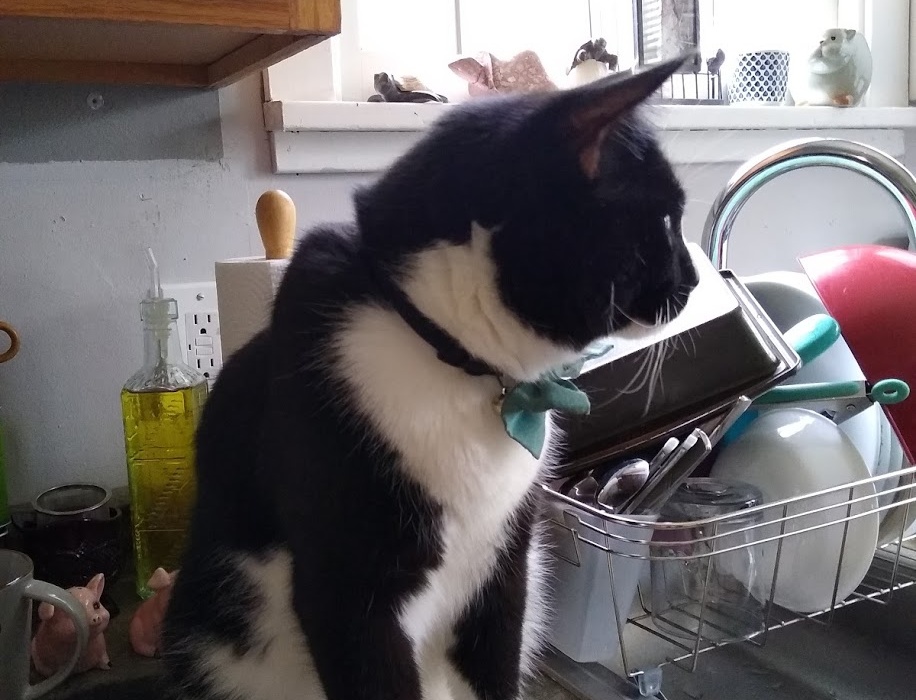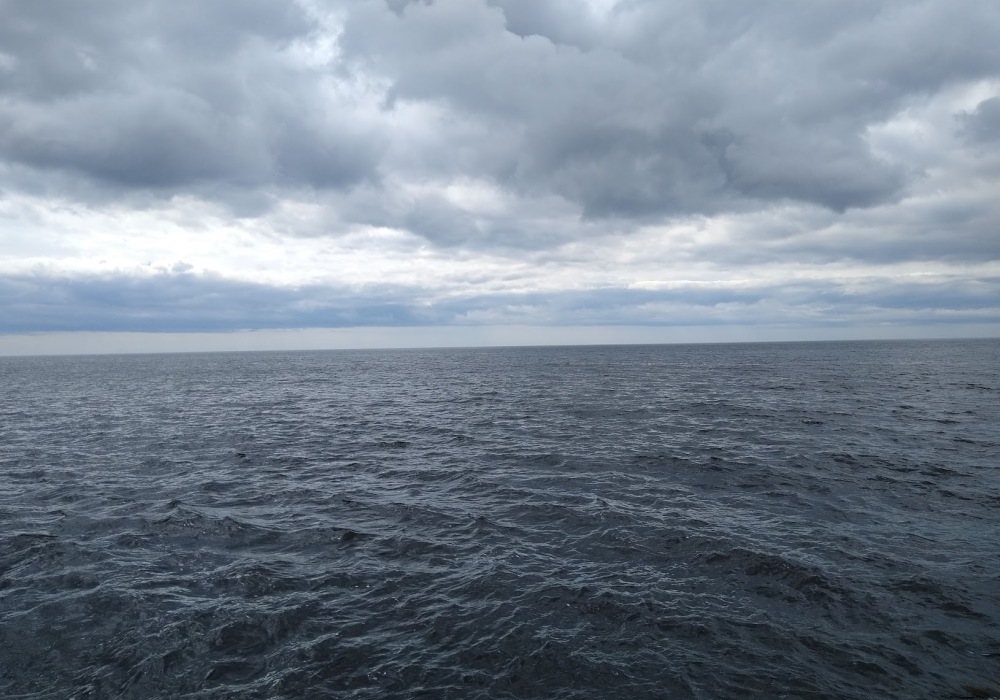
October makes me think about school. And school makes me think about trees and songs and coffee and walks with a boy I (secretly) loved and goodbyes I thought were inevitable. Thank God I was wrong.
October snow
It snowed that day,
the quiet kind of snow, the kind
that feels like dandelion fluff
floating on the wind.
Outside was white and gray
and red brick
and green grass tips
and October. I wore a black dress
and leggings, because of the snow
and a smile
because of the snow and the boy
who wanted to walk in it with me
even though he and the snow
don’t get along.
I said he’d learn to appreciate its beauty.
He said maybe.
It was cold, but we only felt it
against our clothes.
The snow smelled clean
and slowed the space around us
as our feet swept up dandelion fluff
on the sidewalk.
I said I didn’t feel
any strangeness between us.
We had been friends from before the beginning
of things.
He smiled. A dangerous thing,
that smile. Like a flame had been lit
behind his eyes.
It was beautiful and real
and sad,
like the snow on his eyelashes,
like the air on a late October day,
like his warm hands around mine
and finding excuses to stay
just a bit longer.
Time taunted us. We couldn’t
stay. Not forever.
So we created forever in that moment,
in all the unfilled spaces of our lives
in every glance reluctantly hidden.
Our words spelled love
in every way but one.
He was worth the cold and I
was worth the snow
and we were worth the pain
of letting go.




